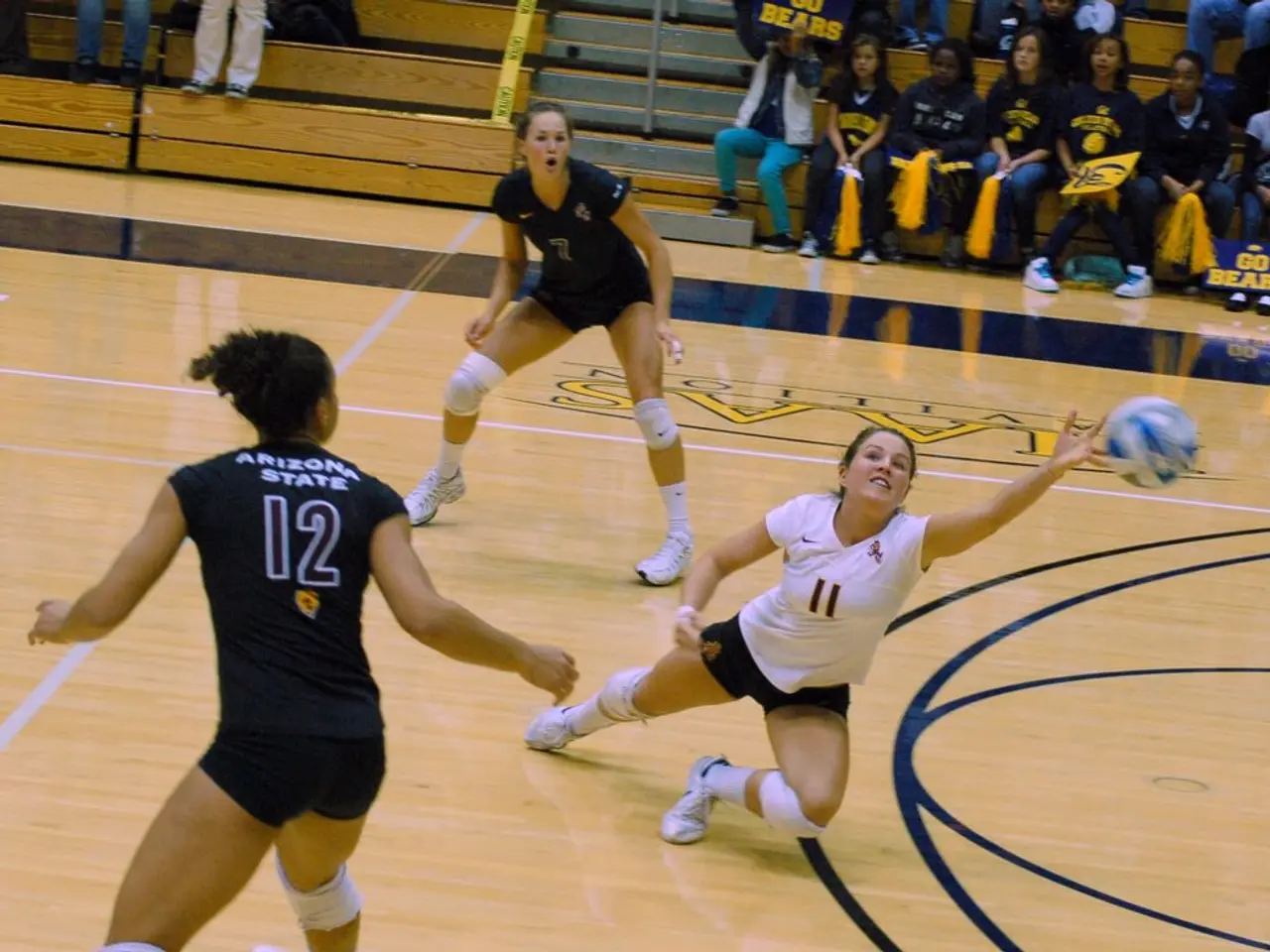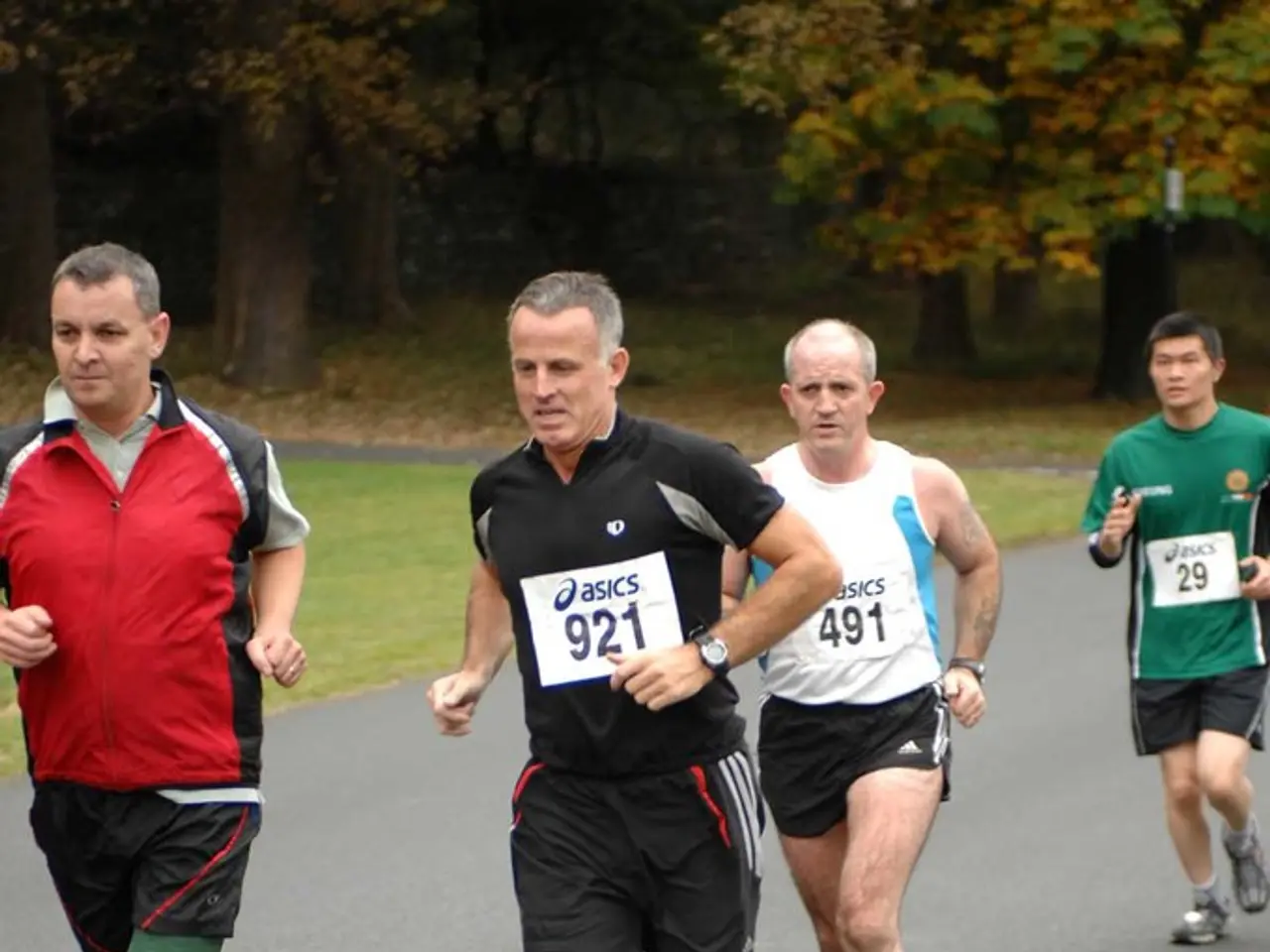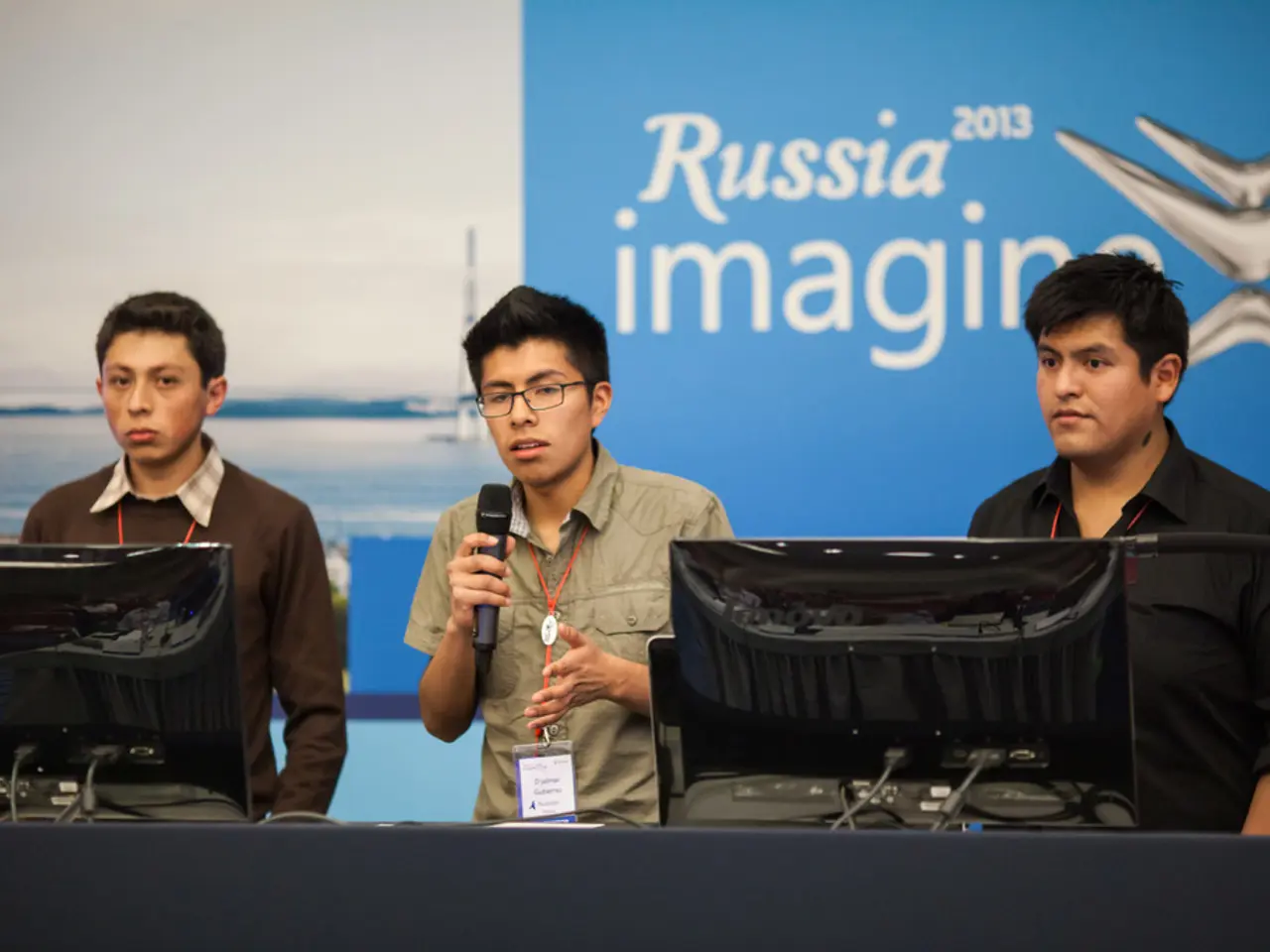International negotiations in Women's National Basketball Association Collective Bargaining Agreement discussions led by Sabally
In the midst of the WNBA's busiest season on record, negotiations for a new Collective Bargaining Agreement (CBA) are underway, with a focus on improved pay, revenue sharing, and working conditions for players.
At the forefront of these discussions is Satou Sabally, a star player for the Phoenix Mercury and an outspoken human rights advocate. Sabally, along with fellow players Napheesa Collier and others, is pushing for a transformational deal that reflects the league’s booming business — with record media rights, attendance, and valuations.
Sabally, who was selected by the Dallas Wings with the No. 2 pick in the virtual WNBA draft during the COVID-19 pandemic and the aftermath of George Floyd's death, has been vocal about the need for better pay and working conditions. She left Jordan Brand to sign with German sportswear giant Adidas this year, citing the importance of financial security and support for her activism.
Sabally is not alone in her criticism of the league’s proposals. Many players, including Alyssa Thomas and Sabrina Ionescu, have voiced their dissatisfaction, with Sabally calling the league’s offer a “slap in the face.” Players like Angel Reese have been particularly vocal, wearing “Pay Us What You Owe Us” T-shirts at the All-Star Game to signal their frustration.
Progress in the negotiations has been limited, with the players calling recent discussions “a missed opportunity.” The WNBA commissioner has described talks as “constructive” but acknowledged the ongoing back-and-forth. The negotiations are complicated by splits among team owners, particularly between independent groups and NBA-affiliated ownership, affecting financial decisions like charter flights and investment in players.
Sabally, as a member of the CBA player committee, is an outspoken player in the labor talks. She is inspired by outspoken Liberty guard Natasha Cloud, who is teammates with her younger sister, Nyara, and fellow All-Star Sabrina Ionescu. Sabally is optimistic about the state of CBA negotiations but emphasizes the desire for better pay.
With the player contract expiring on October 31, 2025, both sides are under pressure to reach a resolution to avoid a potential work stoppage. Sabally, along with her All-Star coworker Alyssa Thomas, is finally starting to get healthy again as they look to gain momentum heading into the postseason. As the negotiations continue, the future of the WNBA hangs in the balance.
[1] ESPN
[2] The Athletic
[3] Sports Illustrated
- The WNBA's top players, such as Satou Sabally, Napheesa Collier, Alyssa Thomas, Sabrina Ionescu, and Angel Reese, are collectively pushing for a transformational Collective Bargaining Agreement (CBA) to reflect the league's record media rights, attendance, and valuations.
- Social-media platforms have been abuzz with discussions about the WNBA's CBA negotiations, with players like Sabally and Thomas voicing their dissatisfaction with the current proposals, calling the league's offer a "slap in the face."
- In the midst of the WNBA's busiest season on record, players are utilizing various platforms, including social-media and sports-betting websites, to voice their frustration and demand better pay, working conditions, and revenue sharing.
- As the WNBA's CBA negotiations continue, sources close to the player committee report that basketball legends like Natasha Cloud are inspiring the next generation of WNBA athletes, such as Sabally and Ionescu, to push for improvements in their social and financial conditions.








